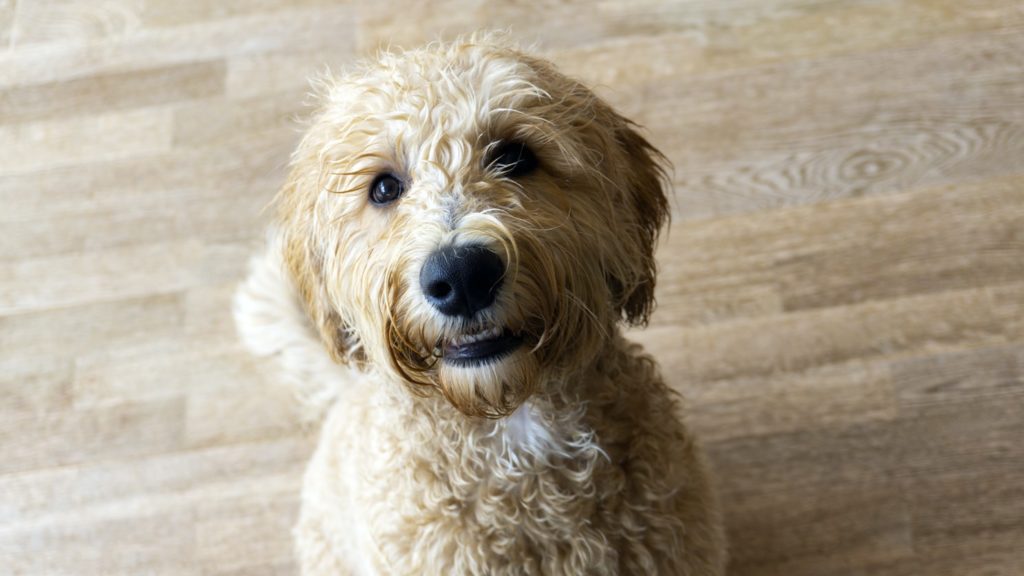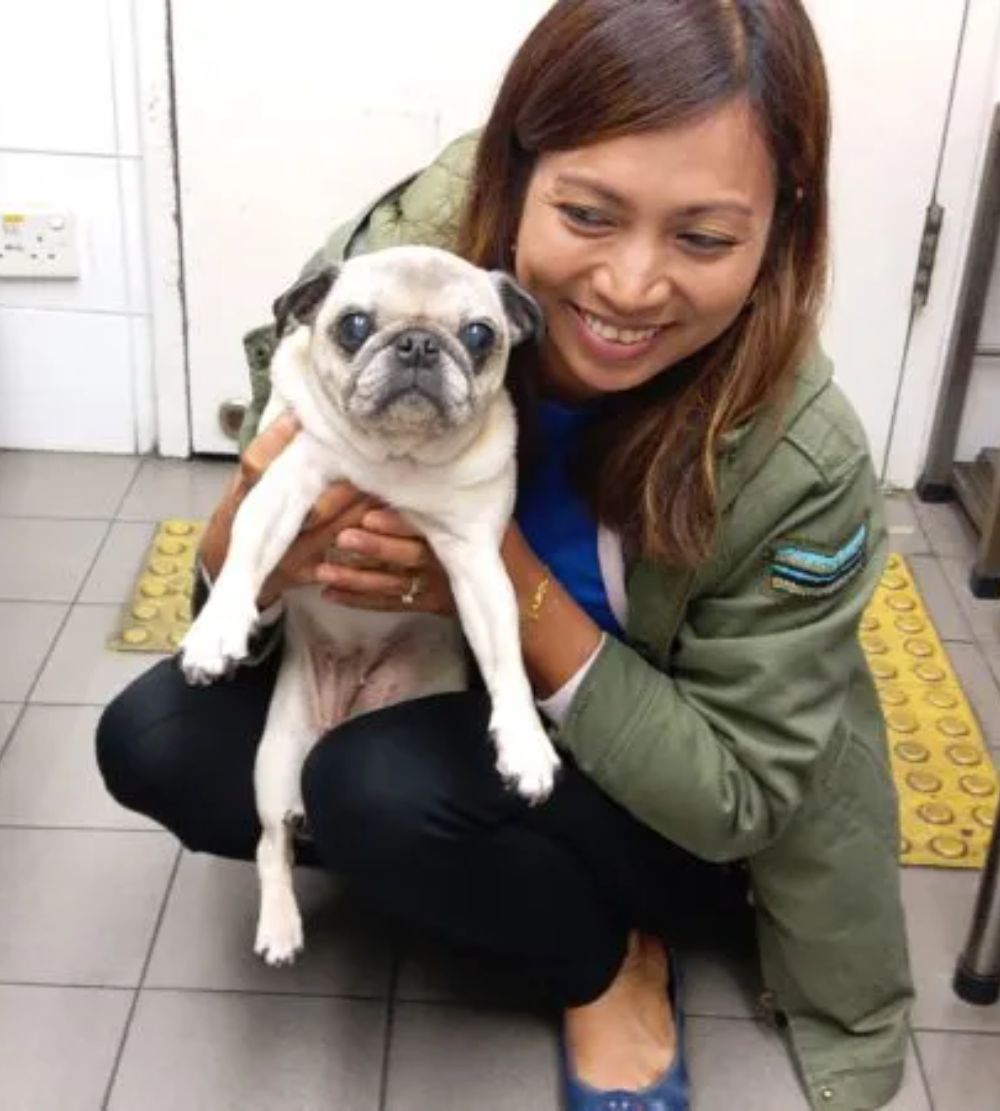
It’s 2021, Coronavirus is still here, and many people are still spending more time at home either because they cannot travel or because school or work isn’t fully resumed on-site. This has led to a boom in people spending more time with their pets and getting closer relationships with their companion animals, and perhaps looking for another pet if they don’t have one.
Choosing a Dog for Your Lifestyle
There are lots of pooches out there of all different shapes and sizes and while you might be attracted to a specific breed, it doesn’t necessarily mean that’s the right one for you.
Sure, you love tiny balls of fluff with their great big loving eyes, but are you equipped for their needs? You might be dying to cuddle up with a giant dog to watch TV, but do you have the space? There are a few questions that you need to ask yourself before taking the plunge.
How to find a dog- Should you buy a puppy from overseas or re-home one?
Wherever you live its best to try and find a companion that could benefit for a new home, because its been abandoned or is a stray. Ask at pet shelters near you such as for Hong Kong residents, https://www.spca.org.hk/ https://saikungstrayfriends.com/ https://hongkongdogrescue.com/
How Much Exercise do you have Time For?
It’s a fact that all dogs need some regular form of exercise to keep them healthy. However, your lifestyle is a massive factor in deciding how much time you can devote to this.
Working 9-5
If you have a 9-5 job, it’s going to be more difficult to get out an exercise 3 times a day. But if you work from home, or part time you’re likely to have much more time on your hands.
Generally, smaller dogs need much less exercise than larger dogs because they tire more easily. Although a regular walk is still essential for a smaller dog, they’re less likely to be affected if you happen to skip one on occasion, especially if you have an outdoor space where they can exercise by themselves. If you have a larger outdoor space and a busy working life, it might be better to try a terrier. They’re loving, cute and cuddly and they don’t take as much walking as a larger pooch.
Homeworking Flexibility
Having a more flexible job will allow for more choice when it comes to choosing your fluffy companion. Sure, you could get a smaller dog, but the more time you can devote to exercise, the larger your dog can be.
Larger dogs such as St Bernard’s or Mastiffs really benefit from the routine of having 3 walks per day. As long as you’re confident that you can stick to this schedule, a more heavily build dog may be the one for you.
To Fluff or Not to Fluff?
We all love a floof and their cute round faces and snuggles on the sofa. But you do need to consider that the more fluff you have, the more hair will be left on your sofa afterwards.
If you are going to go for a long-haired dog – be prepared to clean up afterwards.
Allergies
All that hair can have horrendous effects on allergies too. If you, or someone in your household is allergic to dog hair, it doesn’t automatically mean that you can’t have a dog, but you’ll need to look for a hypoallergenic one. Hypoallergenic dogs don’t shed their fur, meaning they’re unlikely to make you ill.
Hypoallergenic options:
- Shih Tzu
- Poodle
- West Highland Terrier
Do you have Close Neighbours?
Noise is a massive factor in deciding what kind of dog you buy. Consider your neighbours. If you live in close proximity to your neighbours e.g., in an apartment or semi-detached house, your neighbours will hear every single bark.
Larger dogs actually usually bark less, but obviously their barks are incredibly loud. If you’ve ever heard a Great Dane bark, you’ll know it’s almost earth shattering.
Smaller dogs tend to yap, but much more often. There are those perfect inbetweeners though, who only bark occasionally and aren’t too loud either.
The quietest dogs are:
- Cavalier King Charles Spaniel
- Basenji
- Deerhound
Children or Other Pets
The next thing you need to consider is the family around you. It’d be a nightmare if you brought a dog home, only to find out it doesn’t get alongside with the rest of the household.
Children – If you have smaller children, a bigger dog isn’t a good idea. As much as they might be gentle giants, larger dogs can be rough when they play and may harm your child accidentally.
Equally though, some smaller dogs, such as Yorkshire Terriers, are known for not getting along with children – they want to be your baby and get easily jealous when you pay your actual child more attention.
The best dogs for a household with children are:
- Border Terrier
- Beagle
- Alaskan Malamute
Pets – Consider your other pets first. They’re your current fur babies and deserve that respect. If they won’t react well to a dog in the house, then give it a miss. However, some dogs do well with other dogs, or cats for that matter. But if you have rabbits and invite a gun dog into your home, you’re heading for disaster.
The best dogs for a household with pets are:
- Cocker Spaniel
- Basset Hound
- Papillon
Space
We’ve talked about smaller dogs needing less exercise as long as they have an outdoor space and larger dogs needing the 3 walks a day schedule. But there are some working dogs that actually require the best of both worlds to be happy and healthy.
Collies – Are bred for farm work. They’re easy to discipline because they’re so intelligent. However, this means that they naturally need more exercise and more mental stimulus than other dogs.
Greyhounds – It’s fairly obvious that Greyhounds need a lot of exercise. Their muscles are equipped for short bursts of speed on a regular basis. Despite appearance, Greyhounds and Whippets are quite cuddly dogs, but they do need require exercise in a larger space, alongside constant access to an outdoor environment.
Pointers – Pointers were bred to be gun dogs and are extremely intelligent and loyal. They want to play all the time and have what seems like unlimited energy. To tire them out, and give you 5 minutes of peace, you’ll have to exercise regularly and have lots of space to run around.
Apartment Living
Most people think that living in an apartment automatically takes you off the pooch parent list, but that’s not necessarily the case. Living in a small space just means that you’ll obviously need a smaller dog. Dogs from the Toy category are best suited for smaller spaces, as their main motivator in life is to cuddle you. Dogs such as Chihuahuas, Pugs or French Bulldogs are ideal for a smaller home. But don’t forget that they still need to take regular trips outside for a walk.
Whatever pooch you choose, make sure you always do your research first. Don’t go with what looks cutest – go for what suits your household best. That’ll lead to a long-term, successful relationship.


